This story wouldn’t suffice if I didn’t mention that I am an ardent lover of all things that fly, especially ones with huge flapping wings. Birds. I mean birds.
The intrigues of bird flight are best captured by large winged birds. Small birds flap way too fast for a gazer to catch the magic.
Now, my interest in birds comes from a rather unusual concern.
Electric daydreams
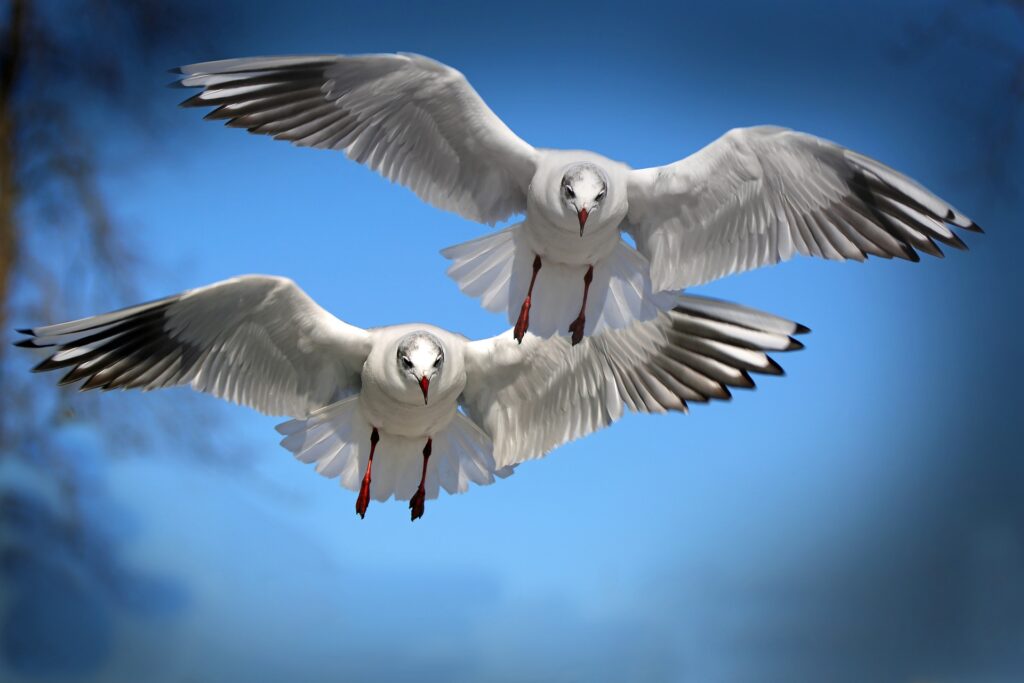
Every time I stare at a bird flap its wings, I find it difficult to accept that it is actually floating in the air. It all seems too real to be believable. I mean you just have to flap some wings and voila, you’re up drifting in the air. Sounds easy. But man if it was that easy, Marvel Studios would have already come knocking onto my door.
Sometimes I stare up into a flying bird and imagine myself in its place. Here now questions begin to burn up in my mind, “How large should my wings be and how fast must I flap them to stay afloat?” Day dreams can be so electric! But, at some point, you will have to admit that man flying on avian wings is too ambitious.
Even if we had the wings strapped onto our backs, we’d be way too heavy to sustain our own flight. After all, its why a bird can weigh as less as 20 grams.
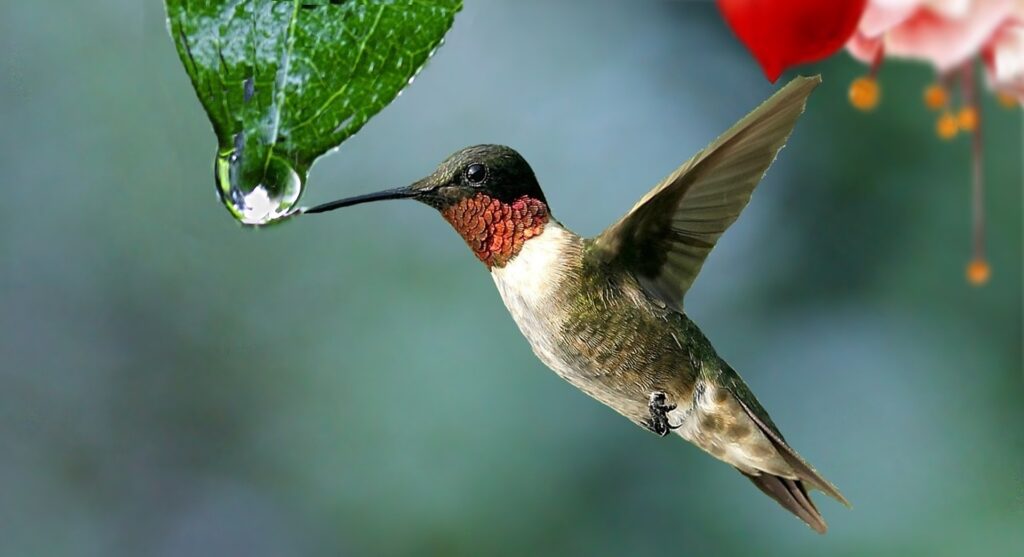
Ha! Who am I kidding. 20 grams? A piece of meat could easily outweigh a hummingbird! That little avian is a wonder.
It’s always an astounding experience for me to watch birds flap and stay afloat, as if they were oblivious of gravity, which never relents of holding the rest of us down here.
Anyways, Albert Einstein was right on this – imagination is more important than the knowledge itself. Yea, why should you jam up the mind with stuff you cannot imagine?
To imagine is to let the mind see, to let it explore and create something new. It’s the mind’s superpower.
Bird-topia
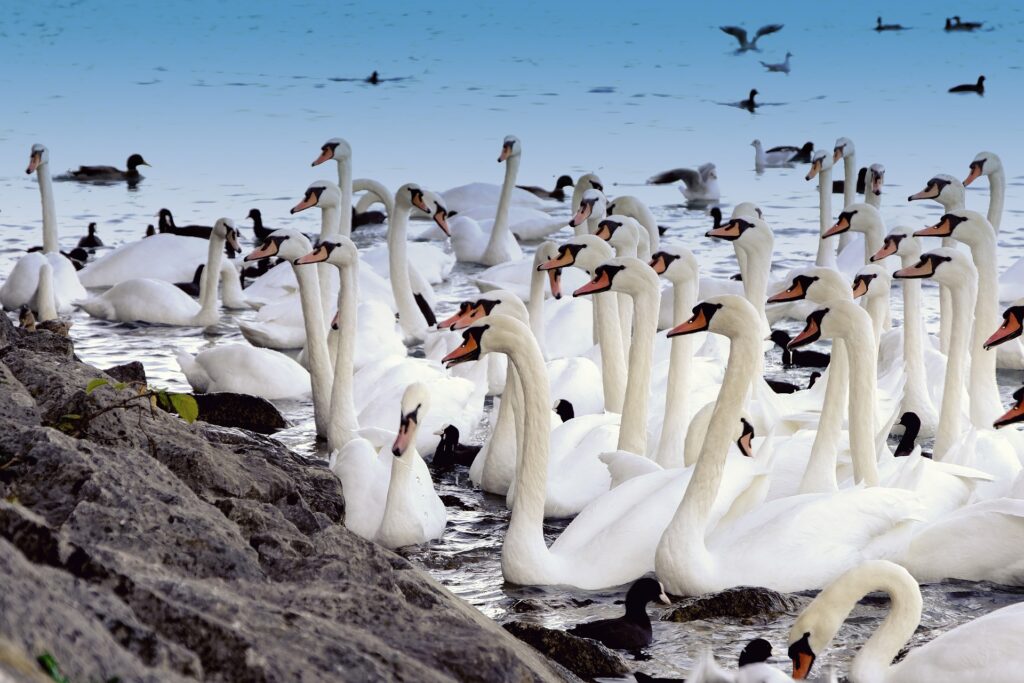
As an avid admirer of my avian friends, I do not spare a darn ounce of energy to lift a finger on anything that threatens their existence. Ha! It almost feels like a calling I have to honour.
For all I know, I could one day become the Wangari Maathai of birds. A Nobel for the birds sounds like a good idea. So let me keep up with the advocacy.
I love to be in a world in which a bird can dare perch on top of my head. It’s uncharacterisric of birds but yea, if I was given the task of turning the world into a utopia, I would definitely start with that. It would be birds all over the place for my utopia.
So here the story begins from its end, or should I say from its bottom up-wards?
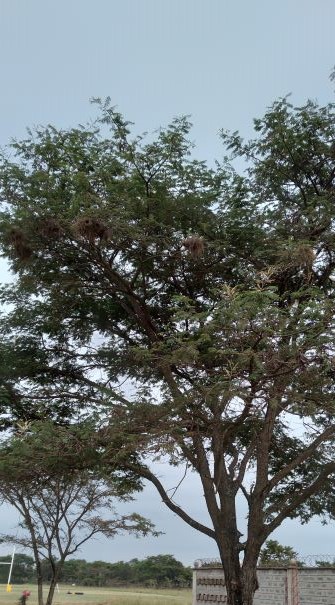
Home on a tree
Here goes. I knew that I had stumbled onto something big the moment I gazed onto that tree-top. This was the real deal, all else became insignificant at that point. I quickly fired up my gear and took a few snapsots.
I had been strolling though the savannah grass field for some while now, with one task resounding in my head. My task was to play envoy, between Mother Nature and my fellow Sapiens.
A big project was just about to go down here. My task was to look around; with the eyes of a conscious engineer, to listen with the ears of a conservationist, and tell if this big project was going to harm Mother Nature.
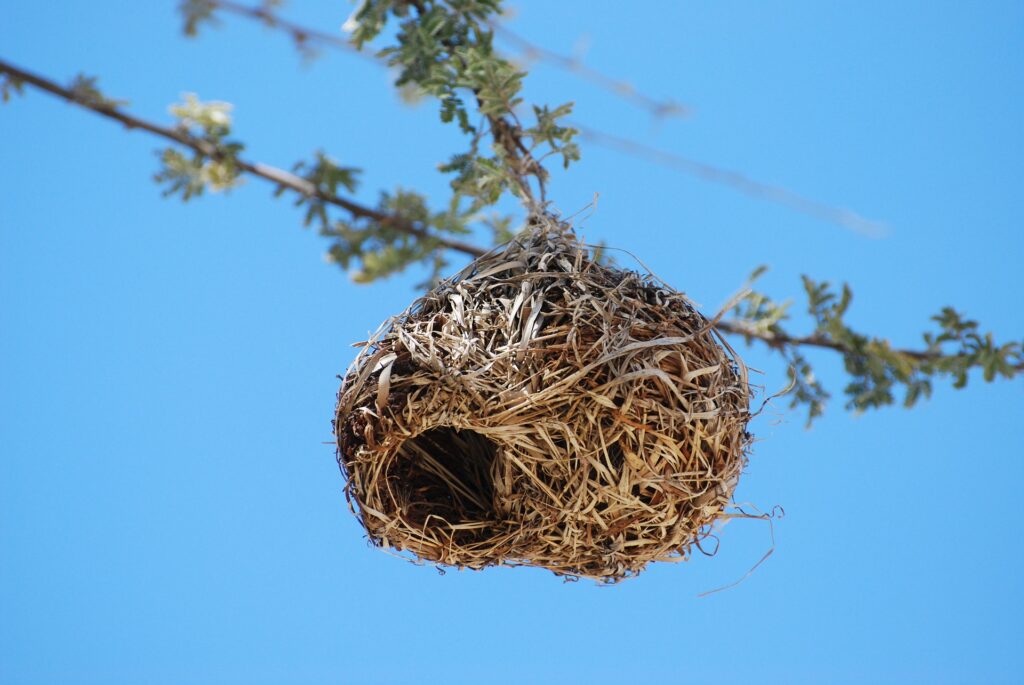
There was my answer on top of a tree, a small pack of bird nests facing the West. I guess they did this intentionally to gaze at the sunset. I would have done that too.
Now, did I think that a pack of nests was enough to stop the project? Well, to some extent yes, but reasonably no.
It’s only that I felt like this was a home, a home to lay the head on, a home to shield from the cold wind, a home to snuggle up with fam – just a home for my avian friends.
I was moved that this was a home about to be torn down. I had to do something.
“Should this tree be felled then this home will be shattered, along with its warmth and memories.” I made sure to include that in my report.
I hope it moved someone. But in this country, where humans are bulldozed from their homes in the middle of the night, I don’t think they could spare some sympathy for perchers.
If you think I was overreaching, then let me prove you wrong.
Highly functioning takers
The history of humanity reveals that we are a self destructive species. Our rampage on the environment not only affects nature, but it comes back to bite us in the back.
They say humans are the most intelligent species. I prefer to have it this way: humans are highly functioning takers living in a freely giving world.
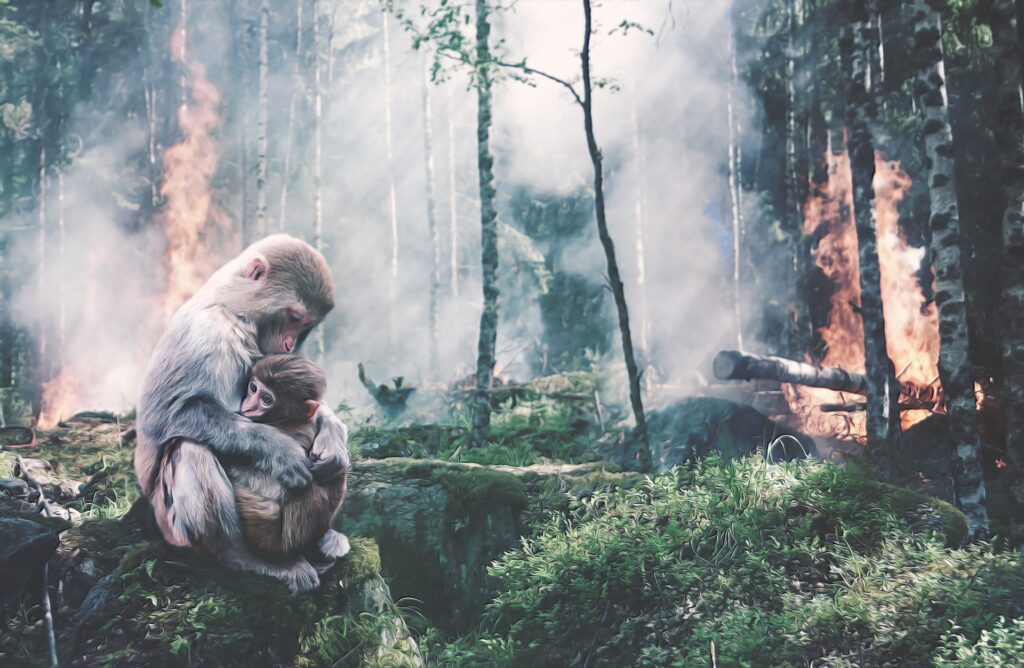
Think of it, whenever we want, we take from nature and whenever nature stands in our way, we eliminate it.
We want a standard gauge railway, fine! Build it through the park! We want a world class express way, fine! Shove down every tree standing in the way and lay down the road!
Most often, Mother Nature hardly says a word as humans tarnish her beauty. For a moment humans get to enjoy their plunder. But when the time is ripe, Mother Nature knows just how to drive sense into humans.
Nature strikes hard
Who cared about global warming in the 17th century as the industrial revolution was begun? Today, it is biting our backs.
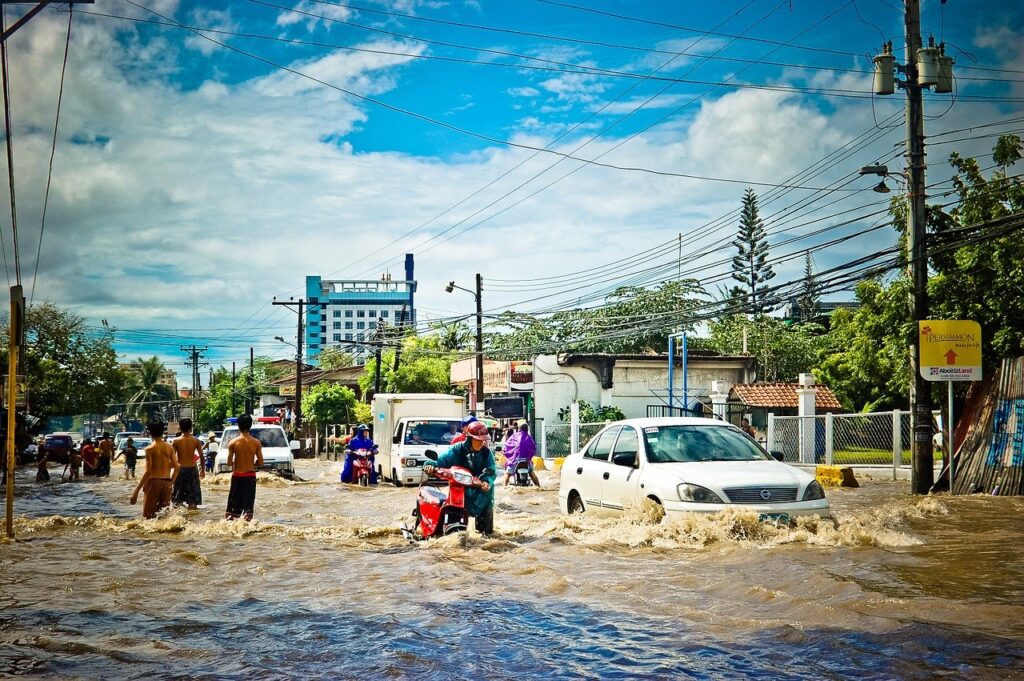
If you haven’t heard yet, it no longer rains but floods, and when the sun shines, it’s no longer a warm breeze, but it’s a heat wave.
Recently, floods have been wrecking towns in Europe, China, and the US, where you would least expect casualties because of floods. Nature fights back, and when it does, it strikes real hard.
One thing you realise is that with nature, it’s easy and fast to ruin, but hard and slow to rebuild. That’s where conservation comes in. You don’t just sit around waiting for destruction so you can repair. No. You make better, protect and preserve resources at this present time.
This is why the world today is conscious about the impact of what we humans do to the environment.
I believe that the little efforts count a lot. They are a depiction of what we are capable of once entrusted with greater responsibilities.
I chose the perchers
Now, back to the story. My task was complete and I was ready to present my findings, hopeful that I could save the perchers.
This task was an assignment from my Professor for the unit environmental impact assessment and audit.
It wasn’t just any typical assignment. No. It was big, real life and reflective of what we may end up practicing in the outside world. Yet with the stakes this high I decided to save the perchers.
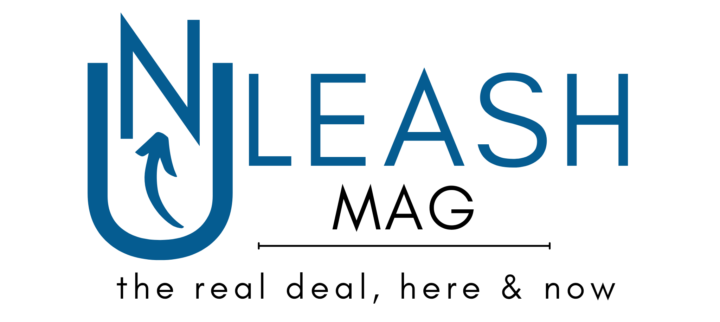
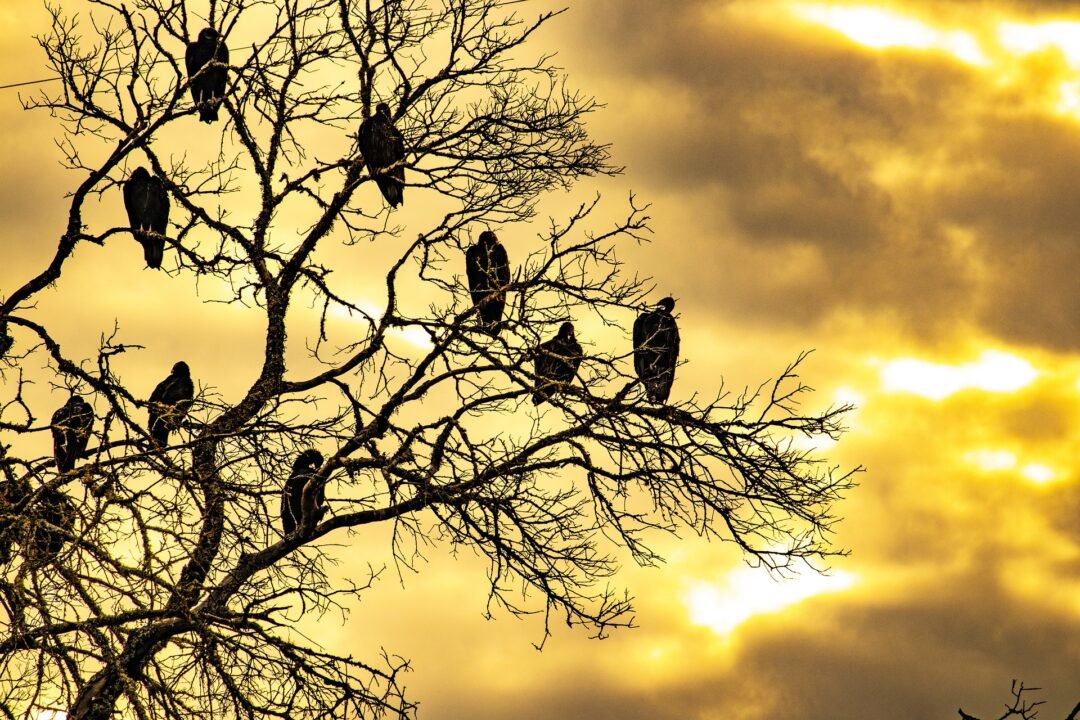
Nice work pal
Epic work man, we get you loud and clear bro.
Let’s save the birds .
Great work Dan!